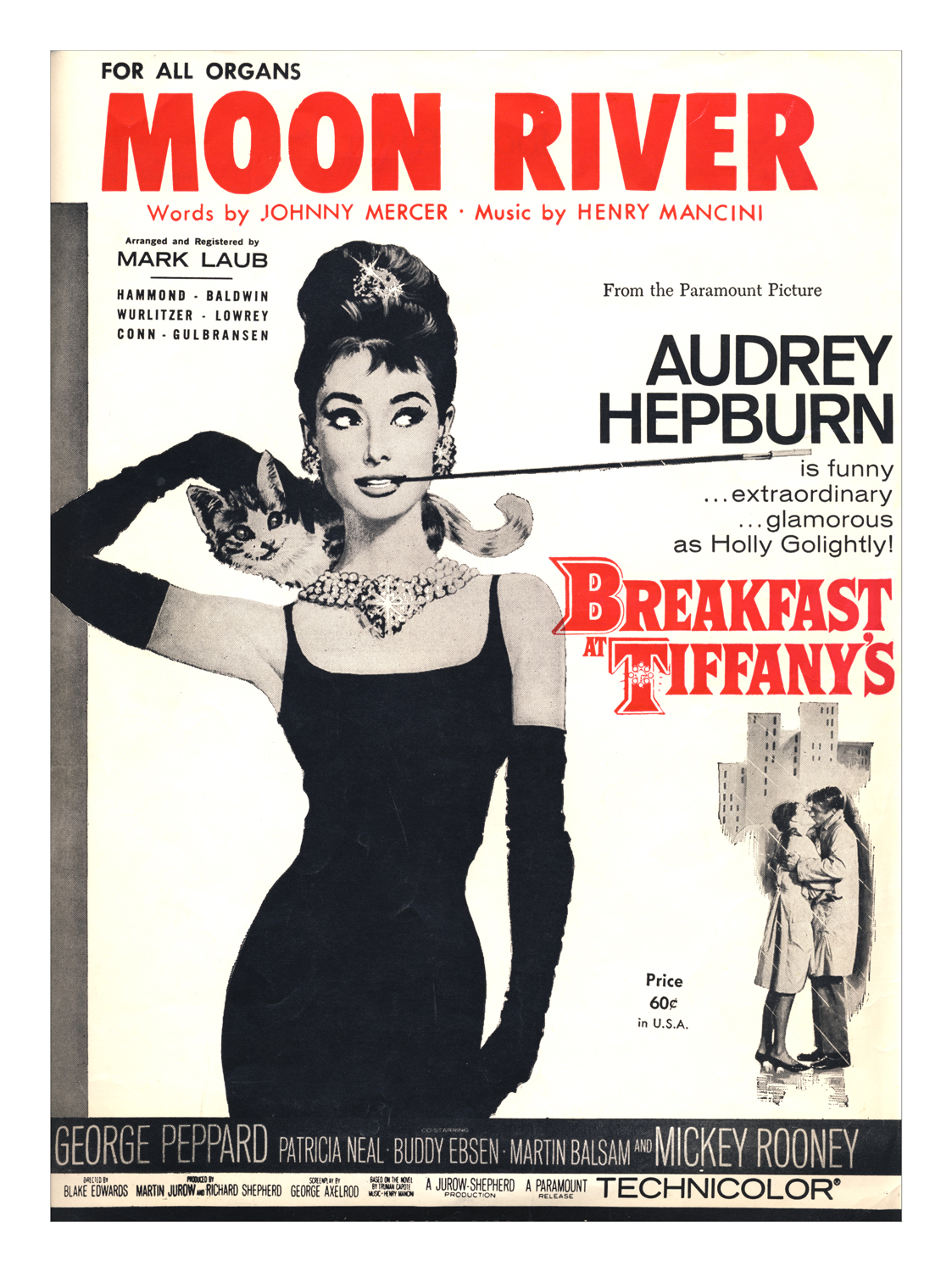How To Takes Great Notes.
Hyperbole.

Hyperbole (ˈ/haɪˈpɜːrbəli/; Greek: ὑπερβολή, huperbolḗ, from ὑπέρ (hupér, “above”) and βάλλω (bállō, "I throw")) is the use of exaggeration as a rhetorical device or figure of speech. In rhetoric, it is also sometimes known as auxesis (lit. "growth"). In poetry and oratory, it emphasizes, evokes strong feelings, and creates strong impressions. As a figure of speech, it is usually not meant to be taken literally.
Candid Camera.

Candid Camera is an American hidden camera/practical joke reality television series created and produced by Allen Funt, which initially began on radio as The Candid Microphone June 28, 1947. After a series of theatrical film shorts, also titled Candid Microphone, Funt's concept came to television on August 10, 1948, and continued into the 1970s. Aside from occasional specials in the 1980s and 1990s, the show was off air until making a comeback on CBS in 1996, before moving to PAX in 2001. This incarnation of the weekly series ended on May 5, 2004, concurrent with the selling of the PAX network itself. Beginning on August 11, 2014, the show returned in a new series with hour-long episodes on TV Land.
Moon River- Breakfast at Tiffany's.

Breakfast at Tiffany's is a novella by Truman Capote published in 1958. The main character, Holly Golightly, is one of Capote's best-known creations.
Adventures of Huckleberry Finn.

Adventures of Huckleberry Finn (or, in more recent editions, The Adventures of Huckleberry Finn) is a novel by Mark Twain, first published in the United Kingdom in December 1884 and in the United States in February 1885. Commonly named among the Great American Novels, the work is among the first in major American literature to be written throughout in vernacular English, characterized by local color regionalism. It is told in the first person by Huckleberry "Huck" Finn, a friend of Tom Sawyer and narrator of two other Twain novels (Tom Sawyer Abroad and Tom Sawyer, Detective). It is a direct sequel to The Adventures of Tom Sawyer.
The Pink Panther in "The Pink Pill".
Henry Mancini.

Enrico Nicola "Henry" Mancini (April 16, 1924 – June 14, 1994)[1] was an American composer, conductor and arranger, who is best remembered for his film and television scores. Often cited as one of the greatest composers in the history of film,[2][3] he won four Academy Awards, a Golden Globe, and twenty Grammy Awards, plus a posthumous Grammy Lifetime Achievement Award in 1995.
His best known works include the jazz-idiom theme to The Pink Panther film series ("The Pink Panther Theme"), his "Moon River" to Breakfast at Tiffany's, and the theme to the Peter Gunn television series.
The Pink Panther.

The Pink Panther is a series of comedy-mystery films featuring an inept French police detective, Inspector Jacques Clouseau. The series began with the release of The Pink Panther (1963). The role of Clouseau was originated by, and is most closely associated with, Peter Sellers. Most of the films were directed and co-written by Blake Edwards, with theme music composed by Henry Mancini. Elements and characters inspired by the films were adapted into other media, including books, comic books and animated series.
Moon River.

"Moon River" is a song composed by Henry Mancini with lyrics by Johnny Mercer. It received an Academy Award for Best Original Song for its performance by Audrey Hepburn in the movie Breakfast at Tiffany's (1961).[1] It also won Mancini the 1962 Grammy Award for Record of the Year and won Mancini and Mercer the Grammy Award for Song of the Year.[2] The song has been covered by many other artists.
Epidemic.

An epidemic (from Greek ἐπί epi "upon or above" and δῆμος demos "people") is the rapid spread of infectious disease to a large number of people in a given population within a short period of time, usually two weeks or less. For example, in meningococcal infections, an attack rate in excess of 15 cases per 100,000 people for two consecutive weeks is considered an epidemic.[1][2]
Epidemics of infectious disease are generally caused by several factors including a change in the ecology of the host population (e.g. increased stress or increase in the density of a vector species), a genetic change in the pathogen reservoir or the introduction of an emerging pathogen to a host population (by movement of pathogen or host). Generally, an epidemic occurs when host immunity to either an established pathogen or newly emerging novel pathogen is suddenly reduced below that found in the endemic equilibrium and the transmission threshold is exceeded.
Infectious Disease.

Infectious disease, also known as Infectious diseases, infectious medicine, infectious disease medicine or infectiology, is a medical specialty dealing with the diagnosis, control and treatment of infections. An infectious disease (ID) specialist's practice may consist largely of managing nosocomial (hospital-acquired) infections, or it may be out-patient based.
Panacea.

In Greek mythology, Panacea (Greek Πανάκεια, Panakeia) was a goddess of universal remedy. She was the daughter of Asclepius and Epione. Panacea and her four sisters each performed a facet of Apollo's art: Panacea (the goddess of universal health), Hygieia ("Hygiene" the goddess/personification of health, cleanliness, and sanitation), Iaso (the goddess of recuperation from illness), Aceso (the goddess of the healing process), and Aglæa/Ægle (the goddess of beauty, splendor, glory, magnificence, and adornment).
Panacea also had four brothers—Podaleirus, one of the two kings of Tricca, who was skilled in diagnostics, and Machaon, the other king of Tricca, who was a master surgeon (these two took part in the Trojan War until Machaon was killed by Penthesilea, queen of the Amazons); Telesphoros, who devoted his life to serving Asclepius; and Aratus, her half-brother, who was a Greek hero and the patron/liberator of Sicyon.
Pandemic.

A pandemic (from Greek πᾶν pan "all" and δῆμος demos "people") is an epidemic of infectious disease that has spread through human populations across a large region; for instance multiple continents, or even worldwide. A widespread endemic disease that is stable in terms of how many people are getting sick from it is not a pandemic. Further, flu pandemics generally exclude recurrences of seasonal flu. Throughout history, there have been a number of pandemics, such as smallpox and tuberculosis. One of the most devastating pandemics was the Black Death, killing over 75 million people in 1350. The most recent pandemics include the HIV pandemic as well as the 1918 and 2009 H1N1 pandemics.
Smallpox.

Smallpox was an infectious disease caused by either of two virus variants, Variola major and Variola minor.[1] The disease is also known by the Latin names variola or variola vera, derived from varius ("spotted") or varus ("pimple"). The disease was originally known in English as the "pox"[2] or "red plague";[3] the term "smallpox" was first used in Britain in the 15th century to distinguish variola from the "great pox" (syphilis).[4] The last naturally occurring case of smallpox (Variola minor) was diagnosed on 26 October 1977.
Enterovirus.

Enteroviruses are a genus of positive-sense single-stranded RNA viruses associated with several human and mammalian diseases. Enteroviruses are named by their transmission-route through the intestine (enteric meaning intestinal). Serologic studies have distinguished 71 human enterovirus serotypes on the basis of antibody neutralization tests. Additional antigenic variants have been defined within several of the serotypes on the basis of reduced or nonreciprocal cross-neutralization between variant strains. On the basis of their pathogenesis in humans and animals, the enteroviruses were originally classified into four groups, polioviruses, Coxsackie A viruses (CA), Coxsackie B viruses (CB), and echoviruses, but it was quickly realized that there were significant overlaps in the biological properties of viruses in the different groups. Enteroviruses isolated more recently are named with a system of consecutive numbers: EV68, EV69, EV70, EV71, etc
Entrapment Film.

Entrapment is a 1999 American caper film directed by Jon Amiel and written by Ronald Bass. It stars Sean Connery and Catherine Zeta-Jones and includes Will Patton, Ving Rhames and Maury Chaykin. The film focuses on the relationship between investigator Virginia "Gin" Baker and notorious crook Robert "Mac" MacDougal as they attempt a heist at the turn of the New Millennium. The film was released theatrically in the United States on 30 April 1999 and in the United Kingdom on 2 July 1999.
Entrapment Film (Trailer).
Sean Connery.

Sir Thomas Sean Connery (/ˈʃɔːn ˈkɒnəri/; born 25 August 1930) is a retired Scottish actor and producer who has won an Academy Award, two BAFTA Awards (one of them being a BAFTA Academy Fellowship Award) and three Golden Globes (including the Cecil B. DeMille Award and a Henrietta Award). He was knighted by Elizabeth II in July 2000 after receiving Kennedy Center Honors in the US in 1999.
Job Bible.

Job (/ˈdʒoʊb/ jowb; Hebrew: אִיּוֹב, Modern Iyyov, Tiberian ʾIyyôḇ) is the central figure of the Book of Job in the Bible. Job (Arabic: أيّوب,Ayyūb) is a prophet in the Abrahamic religions: Judaism, Christianity, and Islam. In rabbinical literature, Iyov (אִיּוֹב) is called one of the prophets of the Gentiles.[1] Job is presented as a good and prosperous family man who is beset with horrendous disasters that take away all that he holds dear, including his offspring, his health, and his property. He struggles to understand his situation and begins a search for the answers to his difficulties.
Psalm 23.

Psalm 23 (Greek numbering: Psalm 22) is the 23rd psalm in the Old Testament Book of Psalms. The writer describes God as his shepherd. The text is often alluded to in popular media and has been set to music many times.
Psalm 23: 911.
Old Testament Book of Psalm.

The Old Testament is the first section of the Christian Bible, based primarily upon the Hebrew Bible (or Tanakh), a collection of religious writings by ancient Israelites[1] believed by most Christians and religious Jews to be the sacred Word of God.[2] It is the counterpart to the New Testament, the second portion of the Christian Bible. The Old Testament canon varies between Christian Churches. Protestants have a version with 39 books. Catholics have a version with 46 books, and Eastern Orthodox, and Oriental Orthodox Churches choose the Old Testament version with 49 books.
Vocabulary.
1. Understatement.

Definition:
the act or an instance of stating something in restrained terms, or as less than it is
2. Senile.

Definition: adjective
1. of, relating to, or characteristic of old age
Example Sentences:
3. Synchronize.

Definition:
1. (when intr, usually foll by with) to occur or recur or cause to occur or recur at the same time or in unison
2. to indicate or cause to indicate the same time
Example Sentences:
4. Transcript.

Definition:
1. a written, typed, or printed copy or manuscript made by transcribing
2. education, mainly US and Canadian an official record of a student's school progress and achievements
Example Sentences:
5. Indifferent.

Definition:
1. (often foll by to) showing no care or concern; uninterested ⇒ he was indifferent to my pleas
6. Detached.

Definition:
1. disconnected or standing apart; not attached ⇒ a detached house
2. having or showing no bias or emotional involvement; disinterested
沒有留言:
張貼留言